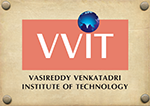Faculty innovations in delivery methods can greatly enhance the learning experience for students. Here's a list of some innovations in delivery methods that faculty members identified and adopted:
Flipped Classroom Model: Inverting the traditional teaching model by delivering instructional content online before class, and using class time for interactive discussions, problem-solving, and collaborative activities.
Active Learning Strategies: Incorporating interactive and hands-on activities within lectures to engage students actively in the learning process. This includes case studies, group discussions, role-playing, and problem-solving exercises.
Gamification of Learning: Integrating game elements, such as quizzes, simulations, and competitive challenges, to make learning more engaging and fun.
- Blended learning – Rethinking the purpose of the classroom and classroom time
- Gamification – Engagement through play and the pedagogies of games
- Computational thinking – Problem-solving approach through logic
- Experiential learning – Investigating in a complex world
Tools Used:
- Kahoot
- com
Kahoot Platform:
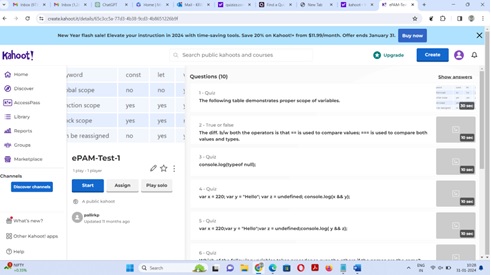

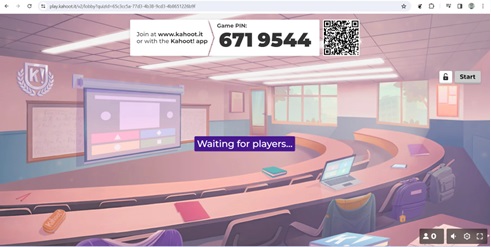
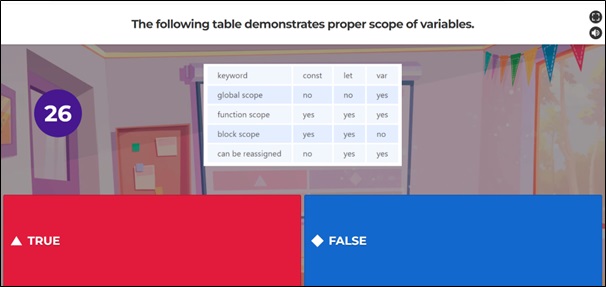
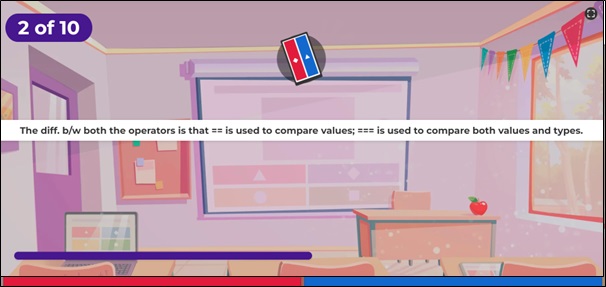
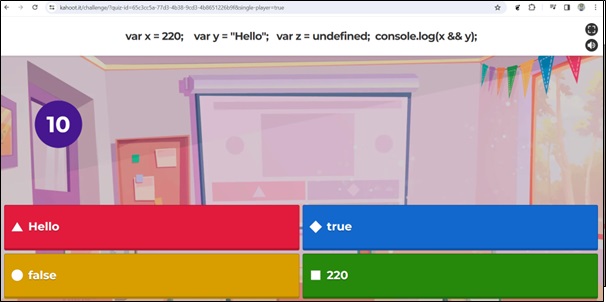
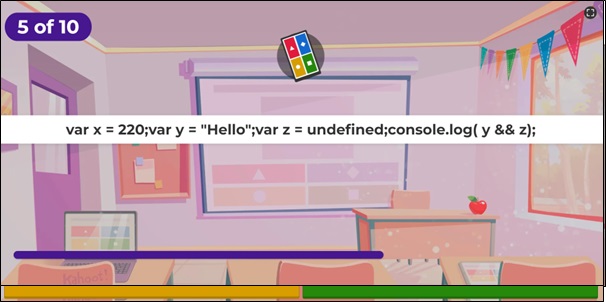
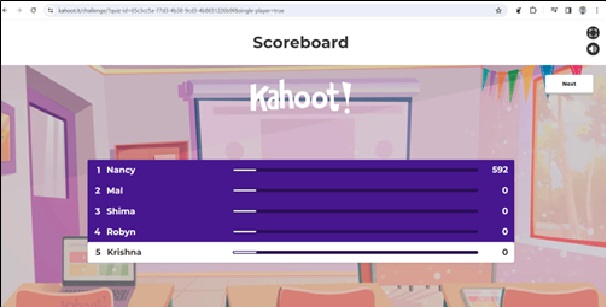








Quizizz Platform:
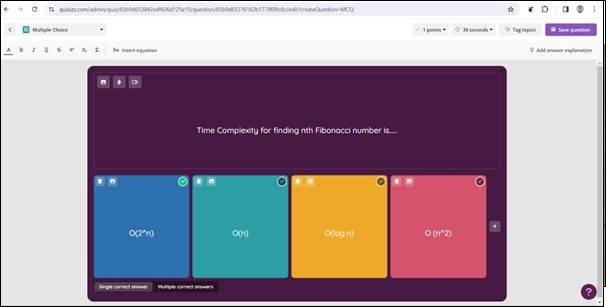
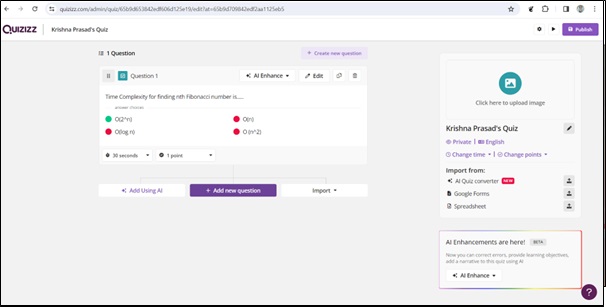
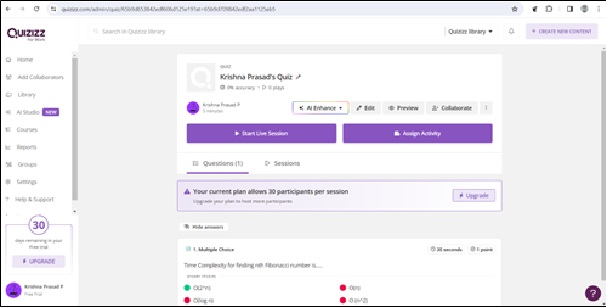
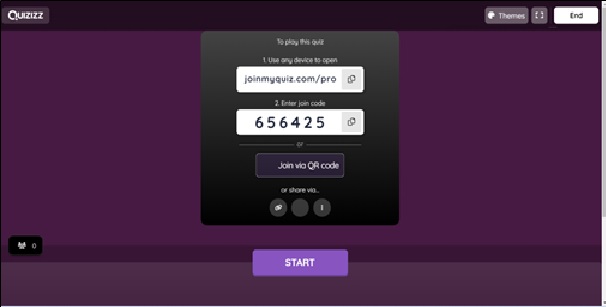




Online Collaborative Platforms: Leveraging online platforms for collaborative projects, discussions, and group work, fostering teamwork and communication skills.
Microlearning Modules: Breaking down course content into smaller, easily digestible modules to facilitate quick and focused learning, often through short videos, quizzes, or interactive exercises.
Personalized Learning Paths: Tailoring learning experiences based on individual student needs and preferences, utilizing adaptive learning technologies and personalized feedback mechanisms.
Peer-to-Peer Learning: Encouraging students to learn from each other through peer teaching, group projects, and collaborative learning environments.
- Peer Teaching
- Tech Discussion Forums
Synchronous and Asynchronous Learning: Offering a combination of real-time (synchronous) and self-paced (asynchronous) learning activities to accommodate different learning styles and schedules.
Interactive Multimedia Content: Integrating multimedia elements such as videos, animations, podcasts, and interactive simulations to make course materials more engaging and accessible.
Real-world Applications and Case Studies: Connecting theoretical concepts to real-world applications through the use of case studies, industry examples, and guest lectures from professionals in the field.
Learning Management Systems (LMS) Enhancements: Optimizing the use of Learning Management Systems with features like discussion forums, online quizzes, and grade tracking for a more seamless online learning experience.
- Udemy
- Coursera
- Eduskills
- Edyst
- Codetantra
Mind Mapping and Concept Mapping: Encouraging the use of visual tools like mind maps and concept maps to help students organize and understand complex information more effectively
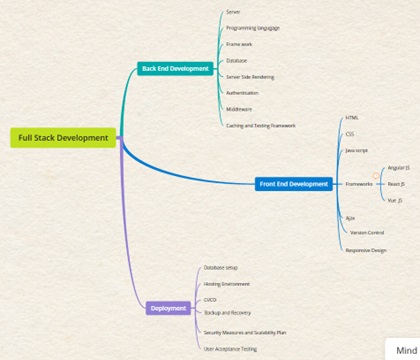

Social Media Integration: Incorporating social media platforms into the learning process for discussions, networking, and sharing additional resources.
Mobile Learning: Designing course materials and activities that are accessible on mobile devices, allowing for flexibility and learning on-the-go.
IIEECP suggested methods:
- Flipped Class Room
- Think pair share
- Think aloud pair
- Jigsaw, STAD, TGT and TAI
